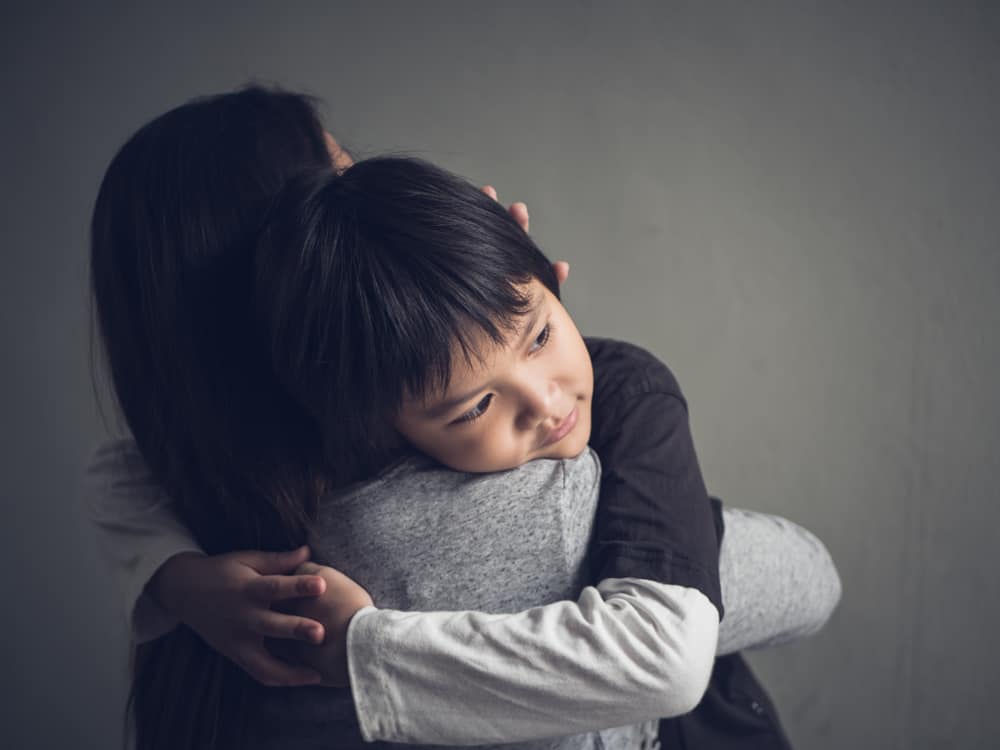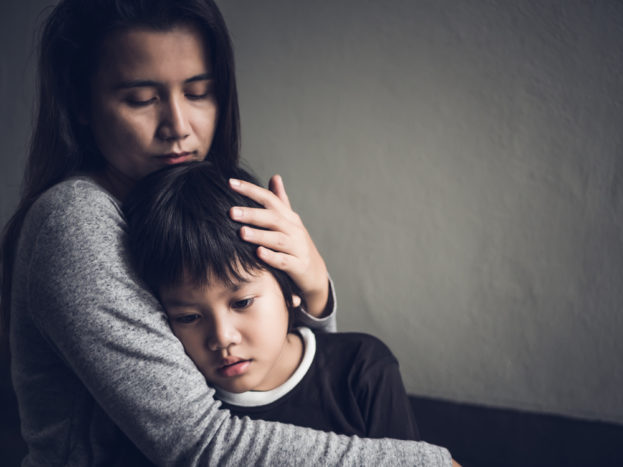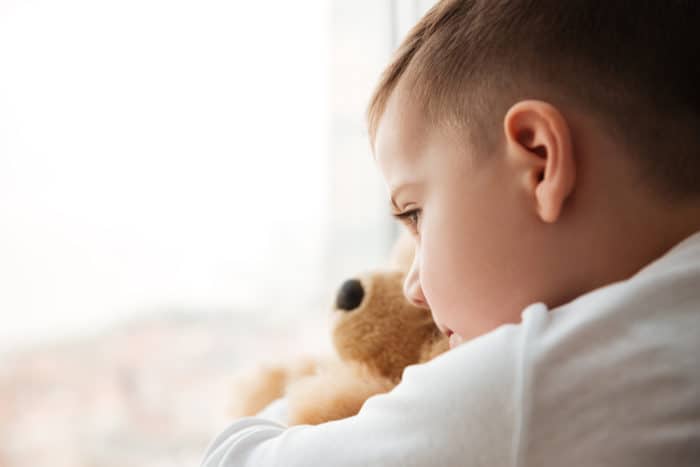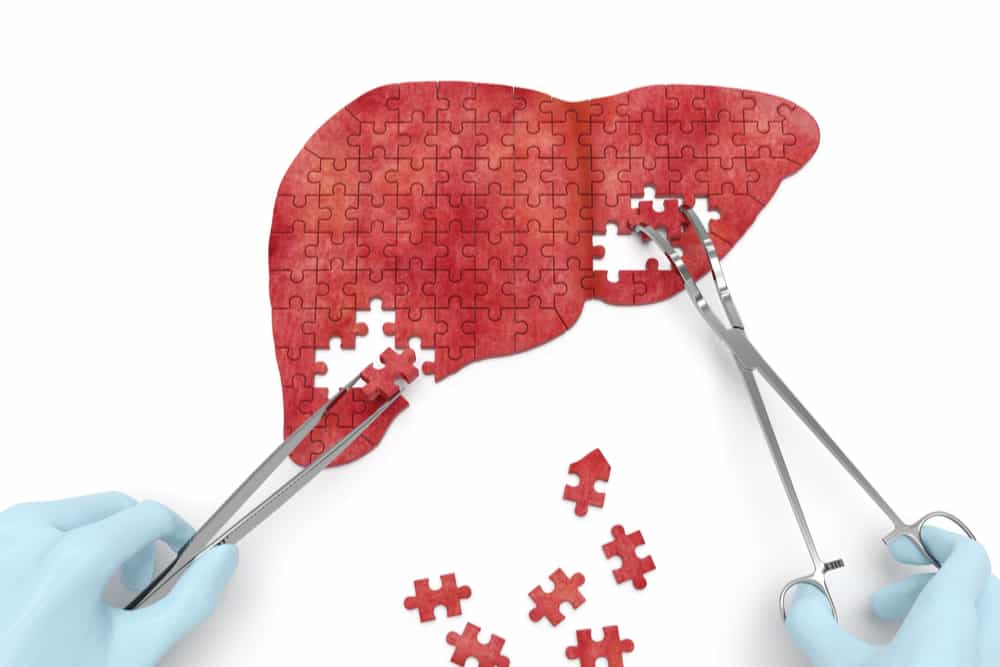Contents:
- Medical Video: Sewing Tip: How to Check the Tension on Your Machine
- The best way to let a prospective brother know about a miscarriage problem
- 1. Tell children in simple language
- 2. Show your sadness and loss
- 3. Let the child ask
- First fix your mood, before telling the child
Medical Video: Sewing Tip: How to Check the Tension on Your Machine
Miscarriage is a disaster. So, when a miscarriage occurs the impact will not only shake the mother but also other family members. Because, the emotional bond and affection between each family member with the fetus has been formed since the prospective baby is still in the womb. That is why explaining the sad news like this to anyone is certainly not easy, especially for the prospective younger sibling. So, how do you tell your child if you miscarry?
The best way to let a prospective brother know about a miscarriage problem
Knowing that your little one is going to be an older sister will definitely make him excited and curious. He would imagine what his younger brother would look like and what it was like to play and joke with the little brother.
On the other hand, explaining about the concept of miscarriage in children is not as easy as imagined. Because, young children also still have a very limited understanding of pregnancy and death.
Even so, inevitably in the end you as a parent still have to tell this problem to the child. Even though it's difficult, follow the following steps to help you talk about his younger siblings who have died.
1. Tell children in simple language
Death is a topic that is difficult to talk about with young children. However, that does not mean it is a taboo so you even hide the truth or explain it convolutedly.
Be honest when explaining about your condition and that of your younger sibling. It does not have to be explained in detail. Children only need to know that their potential siblings cannot be born safely so it is natural for you and your partner to feel sad, and so does he.
In explaining death in children, choose a language that is familiar to the ear and easily understood by young children. For example, give an understanding that death makes the body of his sister unable to move anymore, does not breathe, cannot speak or play like he is now.
Do not give rise to other understandings that make children afraid or more confused. For example, "The younger brother goes long." The mindset of children is very simple. They understand that people who are going to or sleeping will and will certainly be able to return.
That's why they will keep asking until their curiosity is answered - "Where do you go? How come I'm not invited to go? How come it's gone really long? "And so on. In fact, children must understand that death is a permanent event.
2. Show your sadness and loss
Facing the death of the baby will surely make you sad and disappointed. However, do not hide your grief from the child for reasons not wanting to make him sad.
Demonstrating a sense of loss over this event not only aims to vent the sadness you feel, but also teaches children that expressing emotions is important.
But remember, showing sadness in front of children is also reasonable. For example, shed tears while holding her tightly. Don't get sad while crying or crying for days. This can weigh on a child's mind and make him afraid and feel ignored.
3. Let the child ask
The child's thinking is still simple. So when responding to your explanation of the death of the little brother, surely he will be confused. For example, "Why is your baby sister, Ma?" You simply explain that not all babies can be born healthy. Some of them cannot be born because of illness.
Little ones sometimes also ask unexpected questions, like "Baby brother doesn't want to be born because of my fault, Bun?" Don't panic. Answer calmly that a miscarriage is not her fault, not your fault, or even her father's fault. Hearing your calm explanation can relieve fear or guilt in a child's heart.
First fix your mood, before telling the child
Before you tell and explain this news to your child, you must be able to overcome the sadness you feel. If you manage to overcome the sadness that is in your heart, you can deal with your child better.
It may take time for you to grieve, but don't let it continue to dissolve in sadness. If you need someone, you can lean back and share the sadness with someone you trust, a friend or other family member. Talk to your doctor or psychologist if you feel that sadness does not improve.















